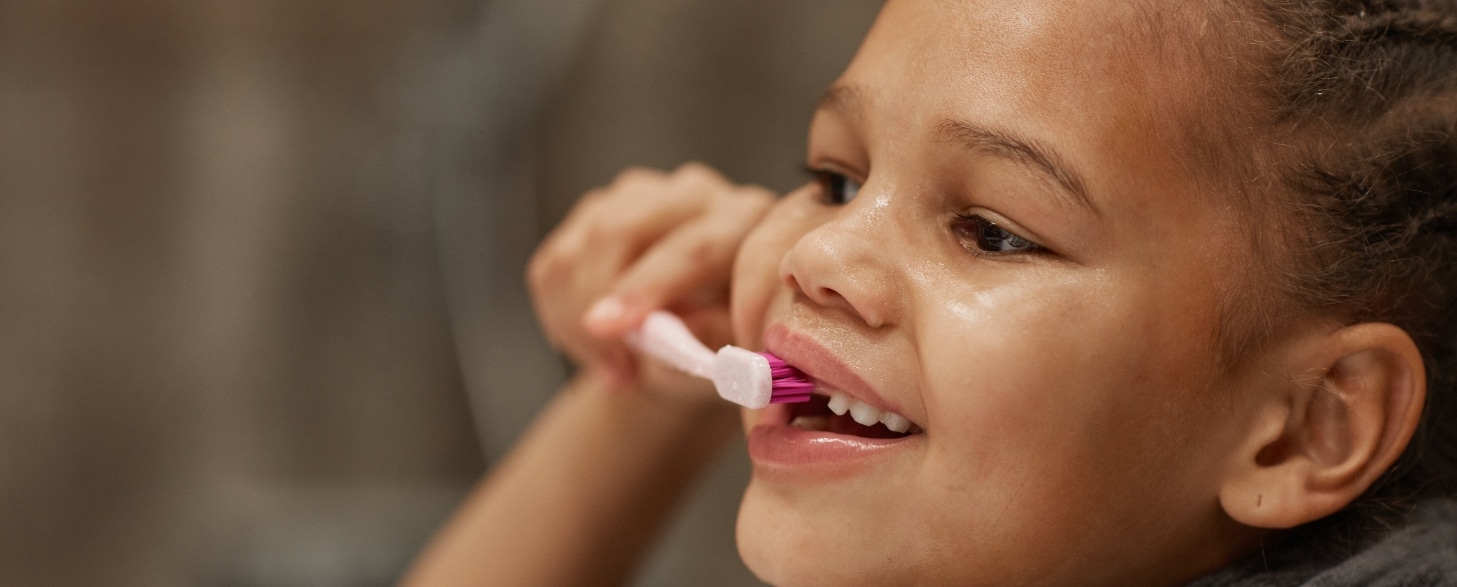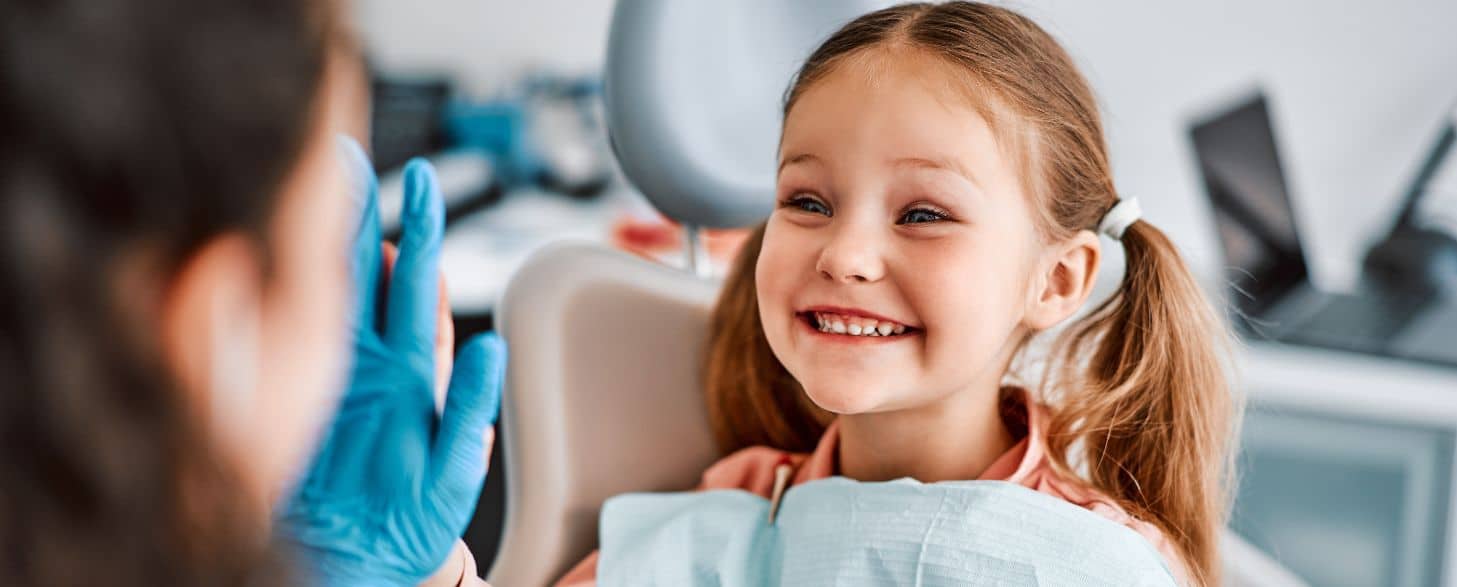The Ultimate Guide: Recommended Age to Start Brushing
San Antonio, TX

When it comes to dental hygiene, instilling good habits from a young age is key to lifelong oral health. One of the fundamental habits children must learn is brushing their teeth. However, determining the right age to start this practice can be a common concern among parents. In this comprehensive guide, we’ll delve into the recommended age to start brushing, along with practical tips and strategies to make this journey seamless and effective.
Understanding the Importance of Early Dental Care:
Dental care isn’t just about maintaining a sparkling smile; it’s crucial for overall health. Poor oral hygiene can lead to a myriad of issues, including tooth decay, gum disease, and even systemic health problems. Starting oral care early sets the stage for a lifetime of healthy habits and reduces the risk of dental problems down the road.
Recommended Age to Begin Brushing:
The American Dental Association (ADA) recommends that parents start cleaning their child’s gums even before the first tooth erupts. This can be done by gently wiping the gums with a clean, damp cloth after feedings. Once the first tooth appears, usually around six months of age, it’s time to introduce a soft-bristled toothbrush specifically designed for infants.
As children grow, so do their dental needs. By the age of two, children should be brushing their teeth twice a day with a pea-sized amount of fluoride toothpaste. Parents should supervise brushing until around the age of six or seven to ensure proper technique and thoroughness.
Tips for Making Brushing Fun and Effective:
- Lead by Example: Children often mimic the behavior of their parents. Brushing your teeth together as a family not only reinforces the importance of oral hygiene but also makes it a fun bonding activity.
- Choose the Right Tools: Selecting a toothbrush and toothpaste tailored to your child’s age and preferences can make brushing more enjoyable. Let them pick out a toothbrush with their favorite color or character to make it feel special.
- Make it a Routine: Consistency is key when it comes to forming habits. Establish a regular brushing routine, such as brushing after breakfast and before bedtime, to ensure it becomes ingrained in your child’s daily life.
- Use Positive Reinforcement: Praise your child for their efforts, no matter how small. Positive reinforcement can go a long way in motivating them to continue practicing good oral hygiene.
- Turn it Into a Game: Turn brushing into a game by incorporating music, timers, or even a reward system for consistent brushing habits. Making it enjoyable can alleviate any resistance or reluctance.
In conclusion, starting early with dental hygiene sets the foundation for a lifetime of healthy smiles. By following the recommended age guidelines and implementing practical tips to make brushing fun and effective, parents can instill lifelong habits that promote optimal oral health.
Remember, while home care is essential, regular visits to the kid’s dentist are equally important. These professionals can provide personalized guidance, preventative treatments, and early intervention if any issues arise. Don’t hesitate to schedule a visit to your local dentist’s office to ensure your child’s dental health remains a top priority.




